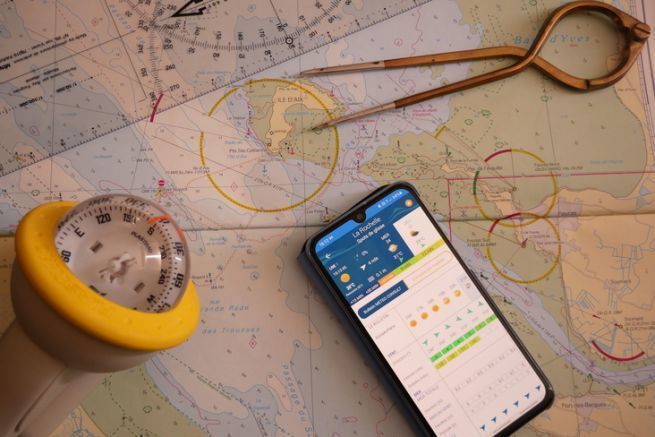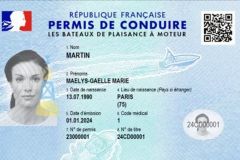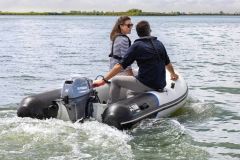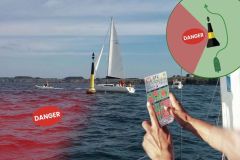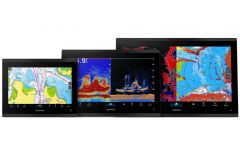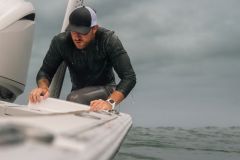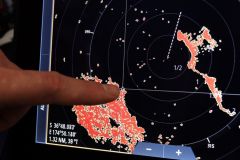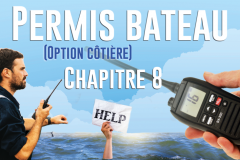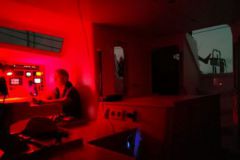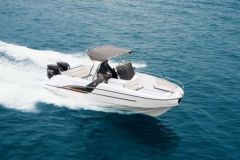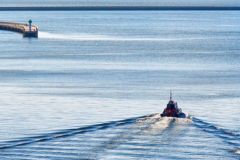As you move away from the coast, you lose the connection to the GSM network quite quickly. However, a cell phone offers other useful functions. Its GPS chip can be a great help, even to compensate for a failure of the main navigation system. Moreover, you can keep reference documents to consult them wherever you are.
To prepare your navigation
As long as it is connected to the network, the smartphone allows you to prepare your navigation by accessing weather forecasts, tide schedules, and even to anticipate your stopovers. It is thanks to the smartphone that you can inform your contacts on land of your plans and any changes in your schedule. This will prevent them from being too worried to alert the emergency services.
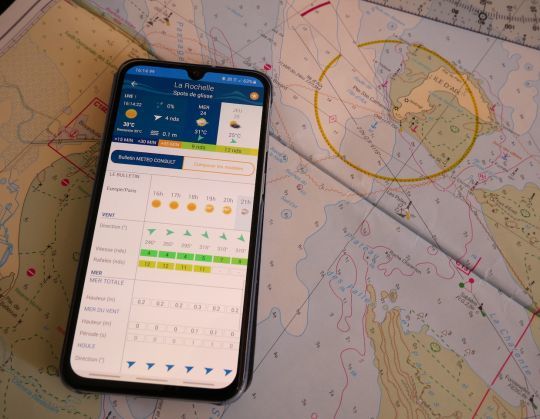
Backup mapping
Even if you consider that a smartphone is not the most marine of devices, knowing that you have in your pocket a marine cartography application with GPS navigation tracking is a precaution that you cannot refuse. It provides a fully functional backup solution, capable of compensating for any failure of the main system.
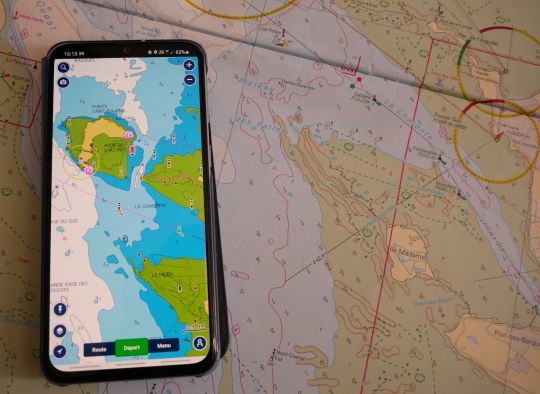
Preventing anchor slippage
Many applications have anchor alarms, which trigger an alert if the boat moves outside a defined radius. This feature makes it easier to sleep at anchor without having to get out of the boat too often to check alignments. The downside of using GPS in this way is high power consumption.
Briefcase
It can be very useful to keep a copy of the boat's papers: registration, insurance, ANFR license, but also of its identity papers, health cards and other health information. You just have to think about scanning these documents to have them everywhere in case of need. It is not useless either to have downloaded and filed the user manuals of the engine and the electronic devices on board.
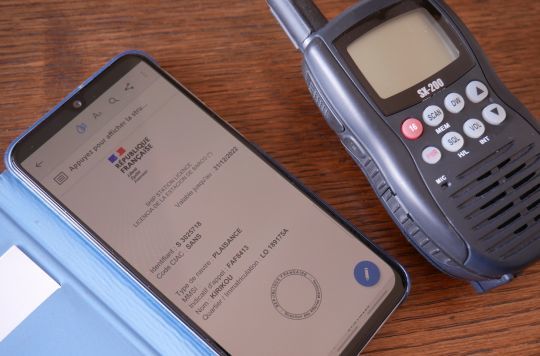
Offline access
The same can be done for all the mandatory reference documents on board: RIPAM, tide tables or others. Beware of mobile applications that are supposed to give the water level at any time of the tide. Their data is often unreliable. It is better to trust the SHOM, a reliable source!
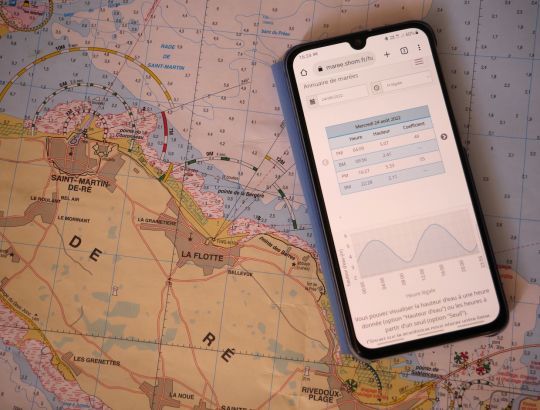
Preserve the battery
Smartphones also have more entertaining functions, such as reading or music streaming. Their limits are the battery life and the means of recharging available on board. Power consumption will be greatly reduced by cutting off Bluetooth and Wifi networks when neither is in range.
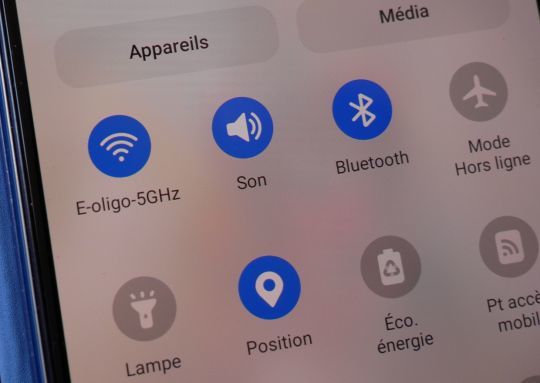
It does not replace the VHF
As far as communication is concerned, the cell phone does not replace the VHF, which allows you to keep an eye on the water and the surrounding boats. On the other hand, remember to save the number 196 in your contacts and remind your crew of this number during the safety briefing. It allows you to reach the Cross, even if it is outside your operator's coverage area. Thanks to AML technology, the rescue team will receive a location link at the same time as the call.
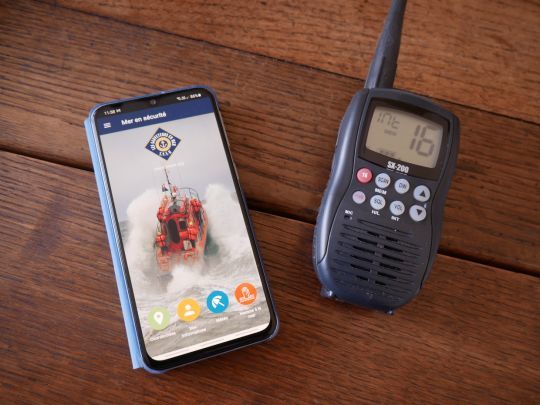
Organizing your smartphone with the above-mentioned tools is useful on board your own boat, but also and especially when sailing on unknown boats. You then have data that you know you can rely on and that can help you to face bad surprises.

 /
/ 